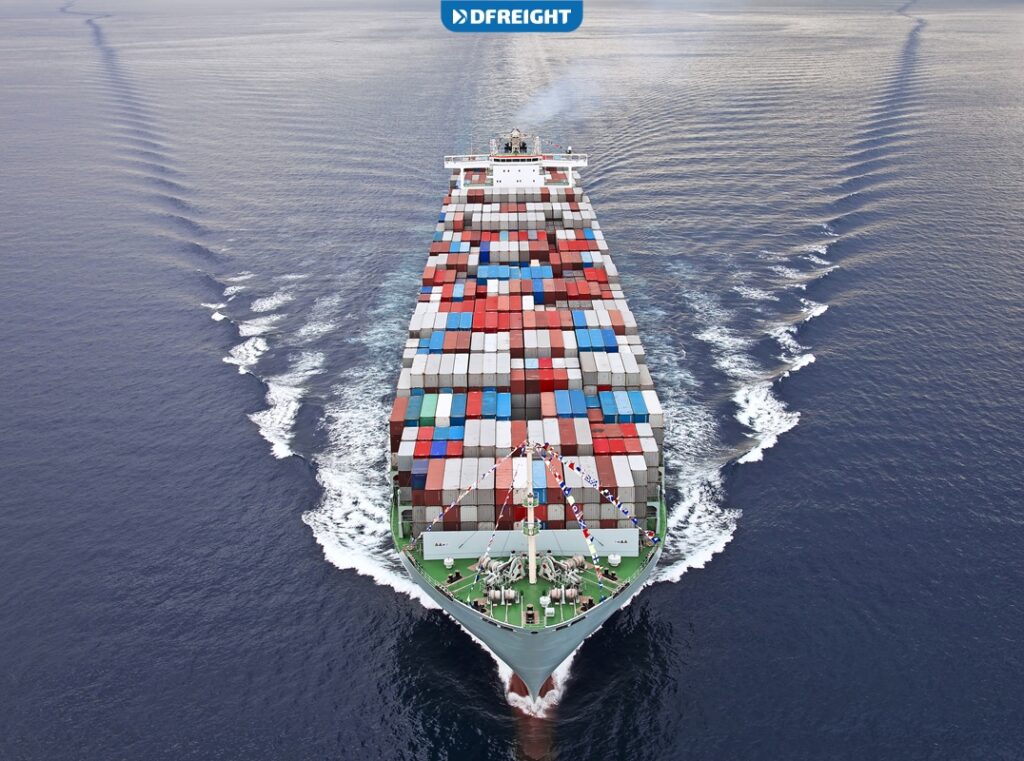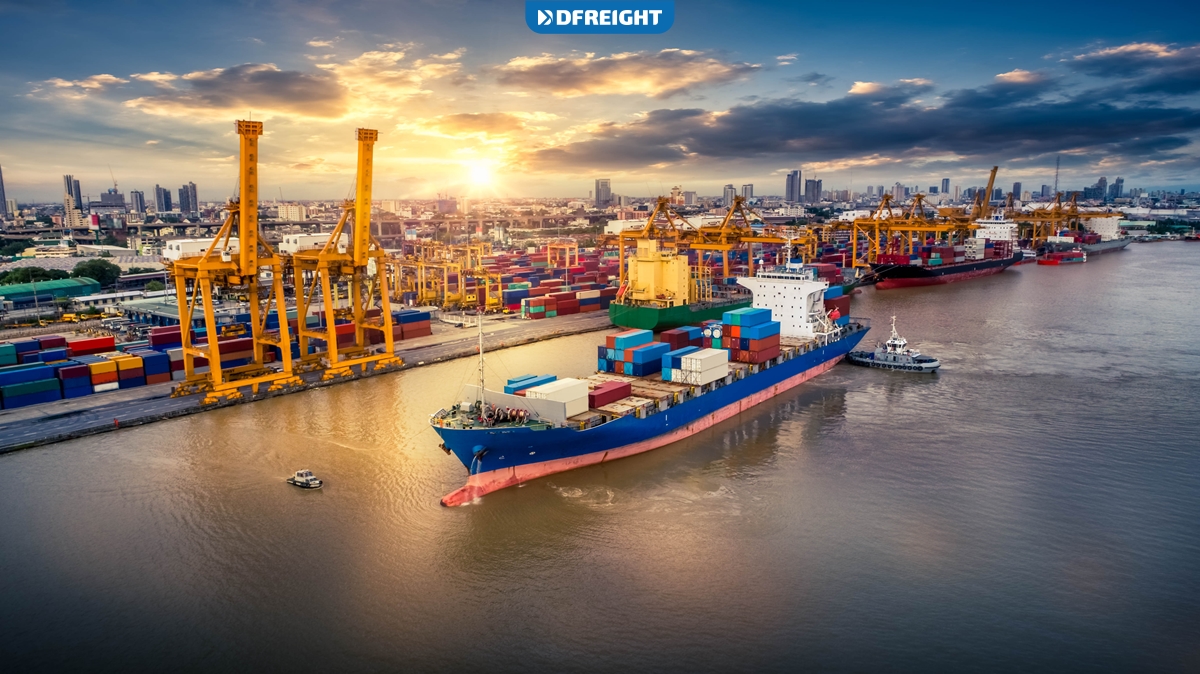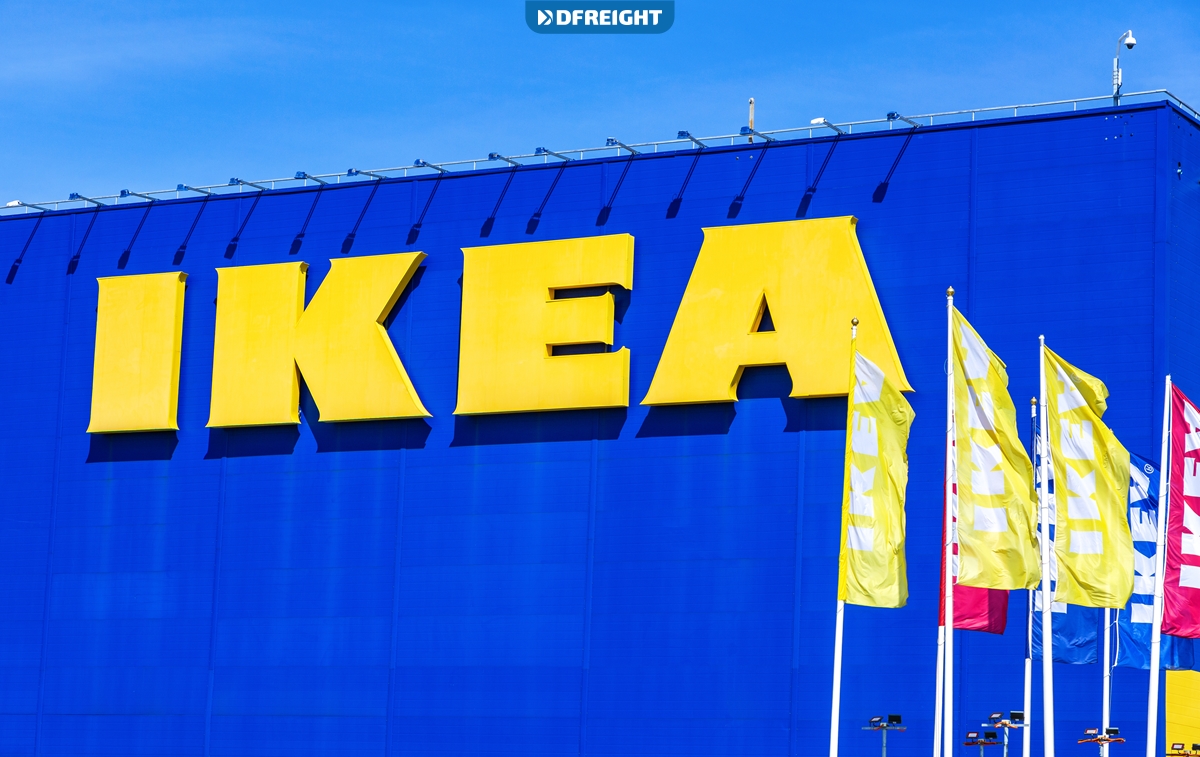When it comes to international trade, a few key terms are used to describe the terms of the sale. Two of the most common terms are FOB and CIF.
FOB and CIF are international commercial terms that define the responsibilities of buyers and sellers when shipping goods internationally. FOB stands for “Free on Board,” and CIF stands for “Cost, Insurance, and Freight.”
So, what is the difference between FOB and CIF?
Table of Contents
Incoterms
Incoterms are a set of international rules that govern the interpretation of trade terms used in contracts to sell goods. They are published by the International Chamber of Commerce (ICC) and are widely used in international commercial transactions. The most recent version of the Incoterms rules was published in 2010 and consists of 11 terms.
Many different incoterms are used in logistics, each with specific meanings and implications. Each type of incoterm has a different impact on the buyer and seller, so it is essential to understand the meaning of each before entering into any contractual agreement.
The use of Incoterms in logistics can help to ensure that goods are transported and delivered by the terms of the contract and that the risks and costs associated with transportation are appropriately allocated between the parties.
What is FOB?
FOB stands for “Free on Board” or “Freight on Board.” It is a shipping term used in international trade to indicate who pays the freight charges on shipped goods. The term also means whether the seller or the buyer is responsible for loading the goods onto the vessel.
Main Risks and Responsibilities of the Buyer and Seller Under FOB Terms
The main risks and responsibilities of the buyer under FOB incoterms are:
- The buyer is responsible for the cost of loading the goods onto the vessel.
- The buyer is responsible for the cost of transport from the seller’s premises to the port.
- The buyer is responsible for the cost of insurance.
- The buyer takes on the risk of loss or damage to the goods from the moment they are loaded onto the vessel.
The main risks and responsibilities of the seller under FOB terms are:
- The seller is responsible for delivering the goods to the port.
- The seller is not responsible for the cost of loading the goods onto the vessel or for the cost of transport from the seller’s premises to the port.
- The seller is not responsible for the cost of insurance.
- The seller does not take on the risk of loss or damage to the goods from the moment they are loaded onto the vessel.

What is CIF?
CIF stands for “Cost, Insurance, and Freight.” and is used when the seller pays for the transport of the goods to the port of shipment, arranges for the insurance of the goods, and provides the buyer with the necessary documents. The buyer is responsible for paying the cost of loading the goods onto the vessel. CIF can be used for all modes of transport, including multimodal transport.
Main Risks and Responsibilities of the Buyer and Seller Under CIF Terms
The main risks and responsibilities of the buyer and seller under CIF terms are as follows:
- The seller is responsible for delivering the goods to the destination port and arranging and paying for the freight and insurance.
FOB vs. CIF
FOB and CIF are two of the most commonly used Incoterms. FOB stands for “Free on Board” and means that the seller is responsible for the goods until they are loaded on the buyer’s vessel. CIF stands for “Cost, Insurance and Freight” and means that the seller is responsible for the goods until they arrive at the destination port. Both Incoterms are used when the buyer is responsible for transporting the goods.
There are key things to remember when thinking about FOB and CIF Incoterms.
FOB is typically used for maritime transport, while CIF is generally used for transportation by any other means.
When using CIF, the buyer is responsible for paying for the insurance, while the seller is responsible for paying for the insurance when using FOB.
Conclusion
FOB and CIF Incoterms are two important Incoterms in logistics. They are often used in international trade and can be very useful in managing the risks and costs associated with shipping goods.
If you have questions about these Incoterms or any other aspect of international shipping, don’t hesitate to contact DFreight. We would be happy to help you.
What is the difference between FOB and CIF terms?
Under FOB terms, the buyer takes responsibility for the goods from the moment they are loaded onto the vessel at the port of origin. The seller is only responsible for delivering the goods to the port. Under CIF terms, the seller is responsible for arranging and paying for transport, insurance, and delivery of the goods to the buyer’s port.
What are logistics incoterms?
Incoterms in logistics are a set of standardized rules and regulations governing the transportation of goods between buyers and sellers. These rules and regulations are designed to promote efficiency and fairness in logistics and minimize the risk of disputes between parties.
How many types of logistics Incoterms exist?
This is a list of Incoterms, which govern different steps or aspects of the shipping process:
EXW, FCA, FAS, FOB, CFR, CIF, CPT, CIP, DAT, DAP, and DDP.
How do CIP Incoterms affect liability for the buyer and seller?
CIP Incoterms dictates that the seller is responsible for the costs of getting the goods to the destination. Still, the buyer is responsible for the costs of insurance and unloading the goods.














